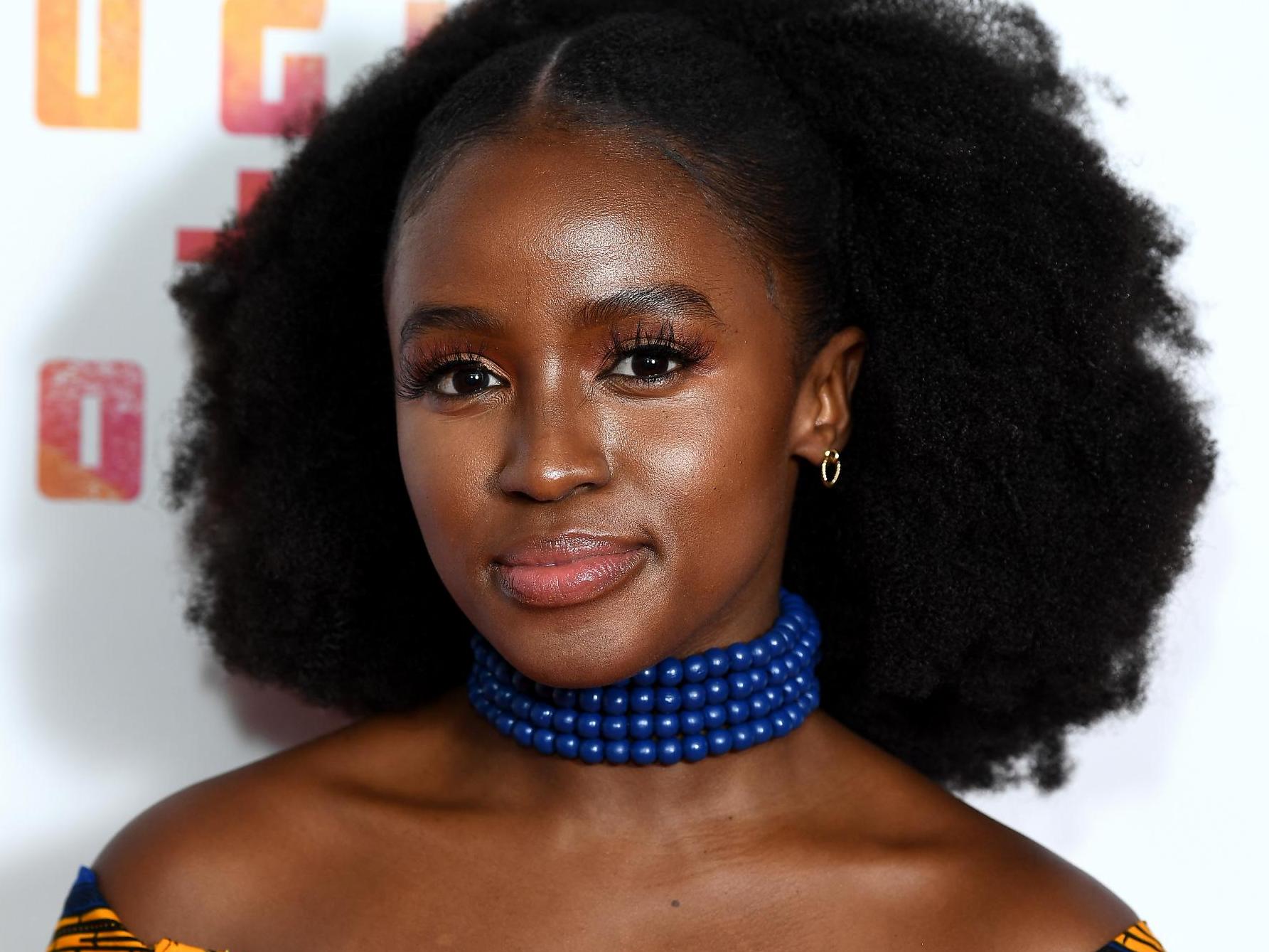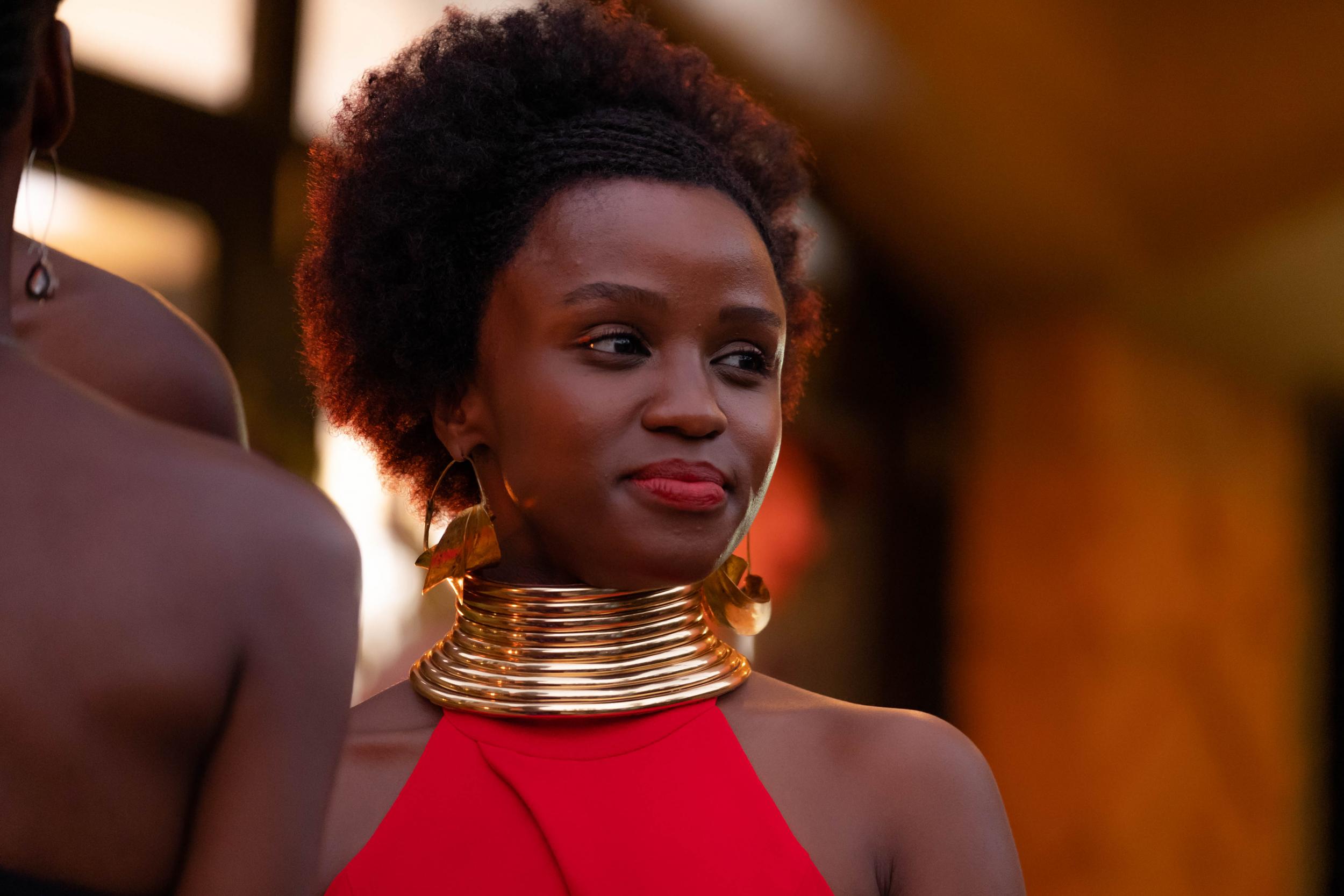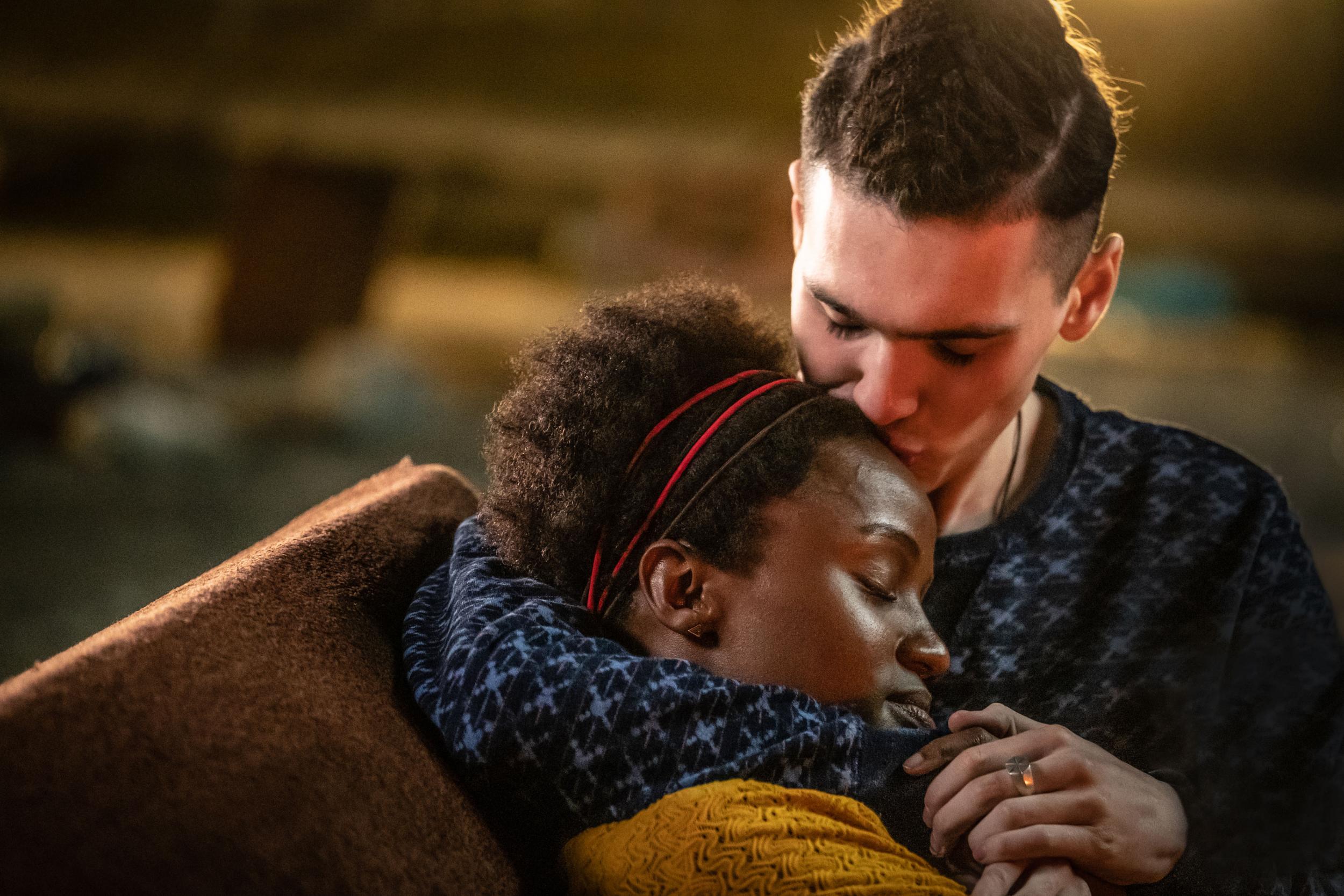Noughts + Crosses’ Masali Baduza: ‘I think of what my ancestors have been through and how they were treated’
The BBC’s adaptation of Malorie Blackman’s alternative history of ‘Albion’, where black rulers oppress the white ‘noughts’, was a challenge for someone who grew up in post-Apartheid South Africa, Masali Baduza tells Kuba Shand-Baptiste


Your support helps us to tell the story
From reproductive rights to climate change to Big Tech, The Independent is on the ground when the story is developing. Whether it's investigating the financials of Elon Musk's pro-Trump PAC or producing our latest documentary, 'The A Word', which shines a light on the American women fighting for reproductive rights, we know how important it is to parse out the facts from the messaging.
At such a critical moment in US history, we need reporters on the ground. Your donation allows us to keep sending journalists to speak to both sides of the story.
The Independent is trusted by Americans across the entire political spectrum. And unlike many other quality news outlets, we choose not to lock Americans out of our reporting and analysis with paywalls. We believe quality journalism should be available to everyone, paid for by those who can afford it.
Your support makes all the difference.New BBC1 prime-time drama Noughts + Crosses has got everyone talking, and not just because it stars grime superstar Stormzy as a newspaper editor. It’s an adaptation of Malorie Blackman’s award-winning novels, set on an island not too dissimilar to Britain. In Blackman’s alternative history, black people (crosses) are the oppressors, who colonised “Albion” 700 years ago from “Aprica”. The noughts are white – brutalised and systemically discriminated against.
For 24-year-old Masali Baduza, who plays Persephone “Sephy” Hadley, the ruling-class half of the forbidden love story at the centre of Noughts + Crosses, it was head-spinning. She grew up in East London, outside Cape Town, in post-Apartheid South Africa.
“Thinking of what my ancestors have been through before me and how they were treated, for me to be playing a character who is privileged, historically?” says Masali, “It’s crazy.”
It was tough to get into the mindset of a world where crosses believe that they are superior to noughts, Masali adds. She was born shortly after Apartheid ended in the early Nineties, and the remnants of discriminatory rules and laws were still in effect while she was at school.
“We had a rule book of things we could and couldn’t do to our hair – including one that said black girls couldn’t wear their natural afros because it was unprofessional and it looked unkempt,” she tells me. “We had to style our hair into something that was more acceptable.” Masali takes a deep breath. “You know, having that as your mindset as a young black girl is just... traumatising. It’s kind of like who you are naturally is not good enough”.
I’m talking to her on a blustery day in central London. Dressed down in leggings, she’s nursing a cup of herbal tea after a long, exhausting day of interviews. But Masali, her impressively voluminous afro puff still intact after the London premiere of the first episode, insists that she’s absolutely fine. “Great”, in fact.
“This is a moment as an actor I felt like I’ve dreamed of for so long and to be living it? Honestly, it’s the best feeling ever.”
In the fictional Albion, as the daughter of the uncompromising home secretary, Kamal Hadley (played by Paterson Joseph), living under a regime that works explicitly in her favour, Sephy suffers none of the discrimination that Masali knows well.
Sephy's afro hair and wardrobe is vibrant, regal; the home she lives in is grand and imposing. That she has access to the best education means her future prospects are golden compared to the destitution the noughts are forced to live under. And it’s a reality she’s only just beginning to wake up to, thanks to a fledgling romance with her housekeeper’s son, Callum.

Fresh from a film course at the New York Film Academy in Los Angeles, Masali landed the part after an electric chemistry read in London with Peaky Blinders’ Jack Rowan, who plays Callum, Sephy’s romantic interest and the show’s lead.
“That was the first time I’d ever been flown over for an audition,” she says. She’s still reeling from the idea of “a black girl from South Africa, having this opportunity so early on in [her] career”, acting alongside the likes of South African superstar, Bonnie Mbuli.
But Noughts + Crosses is not merely a romanticised exploration of the question: “What if Africa had instead conquered the world like Europe did?” It interrogates whether colonisation, or any other manifestation of absolute power, is ever a good thing, no matter whose hands it’s in.
Masali, who has set her sights on everything from television and film to potentially landing a role in the West End, because the “theatre here is dope”, believes the show has a unique ability to spark conversations that many of us are still reluctant to have.
“If you are in a position of power and you have privilege in society, use that to help other people who are struggling or oppressed, because, why wouldn’t you? It’s not going to take away from anything in your life to help someone who has a rougher lived experience than you.”

Though she had never experienced privilege in the same way Sephy does, Masali knew exactly how to tap into the obliviousness that privilege tends to allow to fester.
“In the books, Sephy and Callum are young teenagers and Malorie has done a great job because you can feel Sephy’s naivety. She’s new to everything. I think being new to the industry and not having known about Malorie’s books before [I got the part] kind of aided in portraying that naivety,” she says.
At the premiere, “Auntie Malorie” herself, as Masali affectionately calls the author, gave Masali and Jack her approval.
“She said that when she thinks of Sephy and Callum, she thinks of Jack and I,” Masali giggles. She kicks her legs in excitement, as if discussing a secret crush, or, plainly, letting the reality that the former Children's Laureate respects what she does, sink in. “To hear that she’s really happy with what we’ve done with the show? That’s all the approval that I need. I’m good, thank you Auntie Malorie, this was all for you.”
Noughts + Crosses begins tonight on BBC1 at 9pm
Join our commenting forum
Join thought-provoking conversations, follow other Independent readers and see their replies
Comments